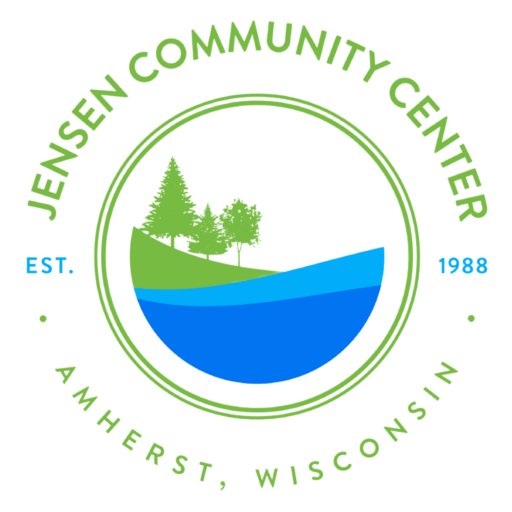- Events
- Events Calendar
- Zumba
- Middle Eastern Dance Class
- Amherst Children’s Business Fair
- The Tomorrow River Variety Show
- Glow and Flow Black Light Yoga
- Wood Flower Arrangement Workshop
- Yin Yoga and Theta Waves
- DIY Sign Workshop
- Youth Soccer
- Twitty & Lynn in Concert
- Mother’s Day Designer Purse Bingo
- 2025 Milwaukee Brewer Bus Trip
- 2025 Babysitter Training Course
- The River Run
- Rentals
- Community Spirit
- Contact
- Get Involved/Help Wanted

